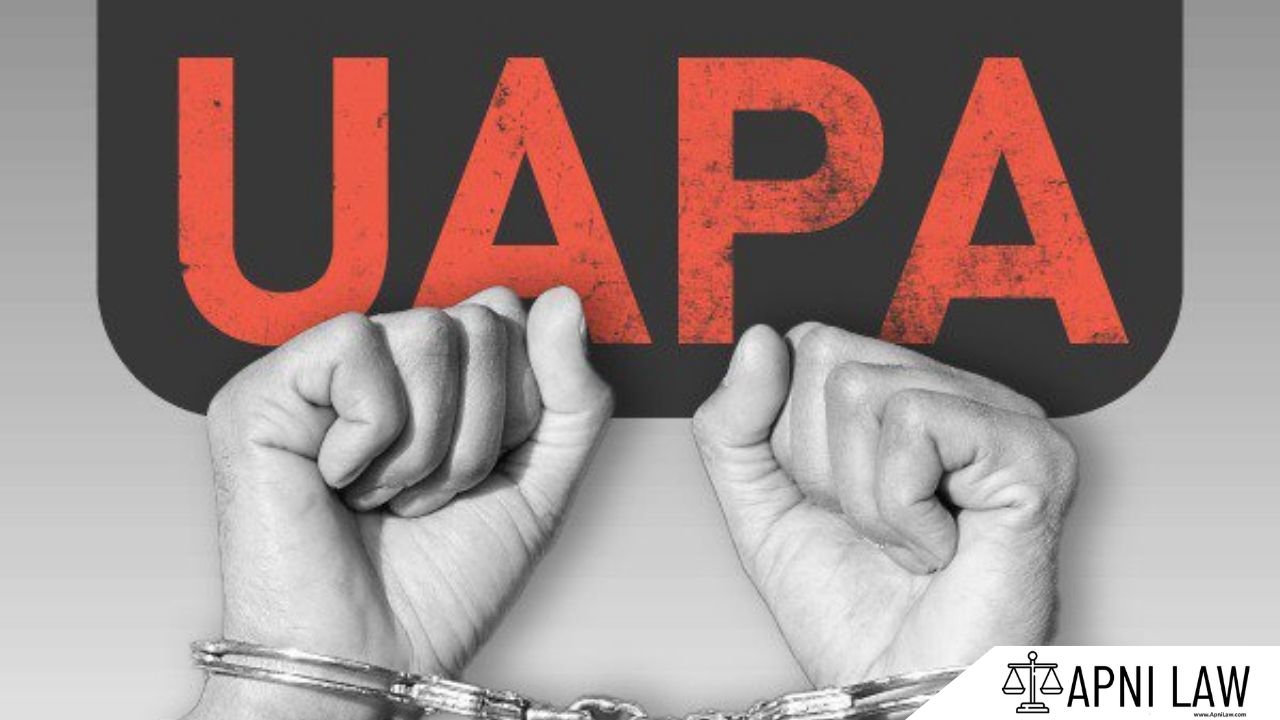Union of India v. K.A. Najeeb (2021)
The Supreme Court granted bail to Najeeb despite UAPA’s strict bail restrictions under Section 43D(5). He had already spent over five years in pre-trial detention with no sign of a quick trial. The Court ruled that prolonged detention violated his fundamental right to a speedy trial under Article 21, and constitutional courts can grant bail in such cases.
For any specific query call at +91 – 8569843472
Thwaha Fasal v. Union of India (2021)
The Court held that mere possession of books or attending certain meetings does not amount to terrorism. It said the accused must have a clear intent to promote the unlawful activities of a terrorist organization. The judgment restored bail for two students, stressing that proof of intent is essential.
Bikramjit Singh v. State of Punjab (2020)
The Court confirmed that the right to default bail under Section 167(2) of the CrPC applies in UAPA cases. Investigations may extend to 180 days only with court approval, and if the charge sheet is not filed within this time, the accused must get bail.
Sri Indra Das & Arup Bhuyan v. State of Assam (2011)
The Court ruled that mere membership in a banned organization is not a crime unless the person actively participates in or incites violence. It struck down the idea that association alone could be punished.
Gautam Navlakha v. NIA (2021)
The Court decided that house arrest does not count as judicial custody when calculating the time for default bail. This meant Navlakha’s time under house arrest could not be used to claim bail on procedural grounds.
Union of India v. Barakathullah (2024)
The Court reaffirmed that bail under UAPA should not be granted when there is strong prima facie evidence. It balanced this with the principle that courts can still intervene in exceptional situations like prolonged delays, as in Najeeb.
Sajal Awasthi v. Union of India (Pending)
The Court is examining the constitutional validity of the 2019 UAPA Amendment, which allows individuals to be declared “terrorists” without trial. This case raises major concerns about due process, free speech, and fundamental rights.
Conclusion
The Supreme Court’s UAPA judgments show a careful balance between national security and individual rights. In bail matters, the Court protects personal liberty by stepping in when pre-trial detention becomes unreasonably long, as seen in K.A. Najeeb. It has clarified that criminal intent is essential for conviction, rejecting the idea that mere association or possession of certain materials is enough for guilt, as in Thwaha Fasal, Indra Das, and Arup Bhuyan. The Court enforces strict compliance with procedural safeguards, ensuring that the right to default bail applies equally under UAPA, as established in Bikramjit Singh.
At the same time, it upholds the law’s rigor when strong prima facie evidence exists, as in Barakathullah. In Navlakha, it interpreted custody rules strictly, and in the pending Sajal Awasthi case, it is reviewing the constitutionality of designating individuals as terrorists without trial. Overall, these cases underline that even under stringent anti-terror laws, constitutional rights remain central to judicial review.








